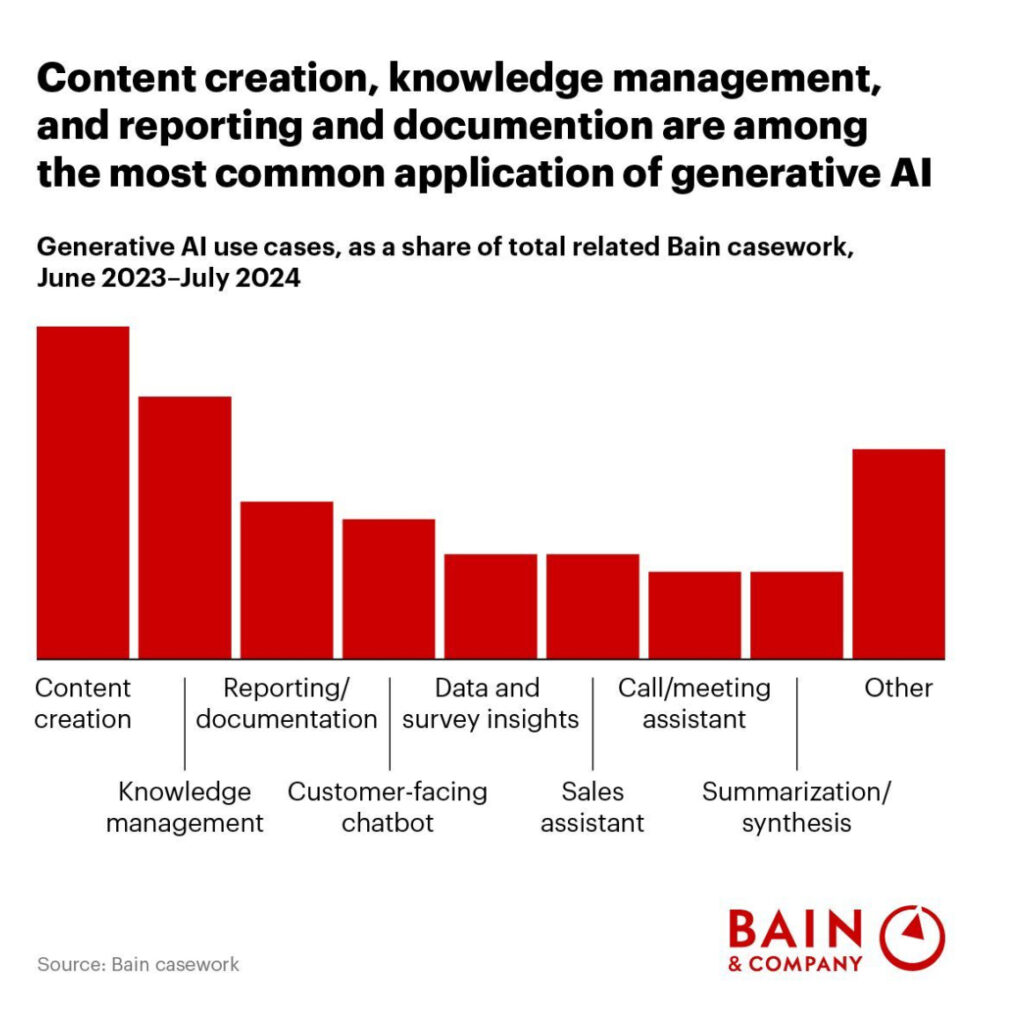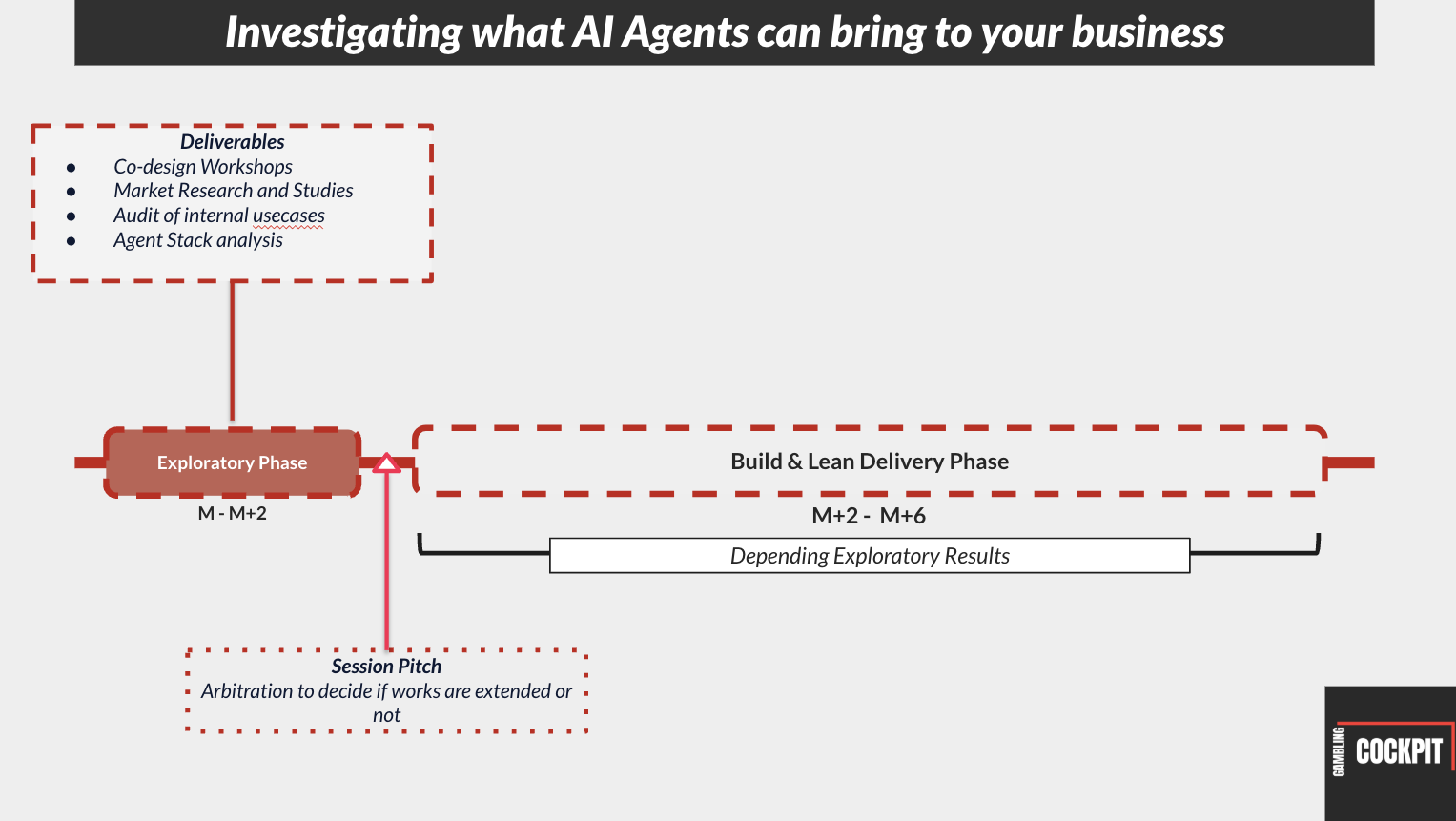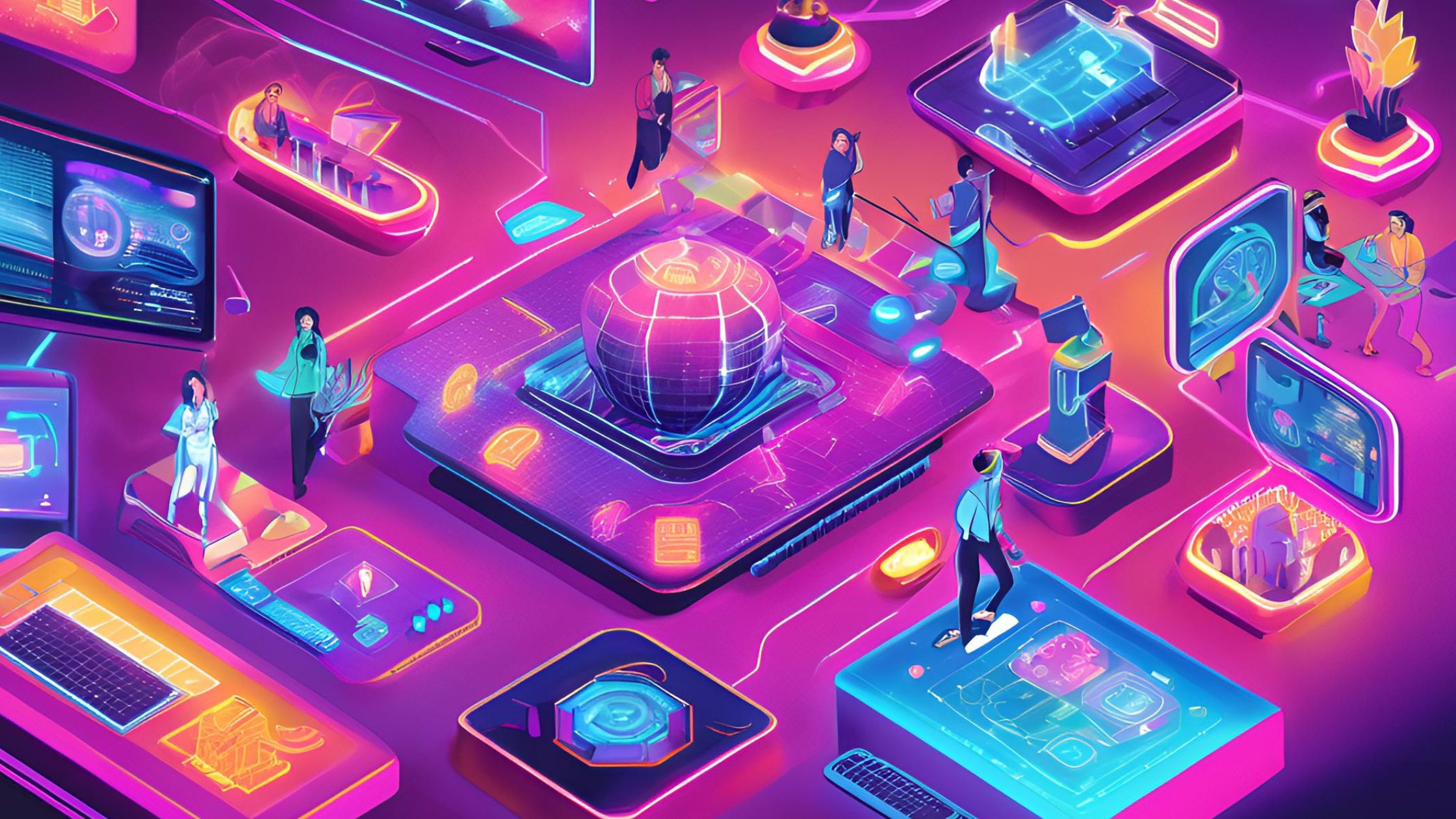When people think about Artificial Intelligence (AI), they often imagine tools for automating content creation, rephrasing text, or generating images. While these applications are impactful, they barely scratch the surface of AI’s transformative potential. In industries ranging from e-commerce to human resources, AI goes far beyond surface-level tasks, driving sophisticated decision-making, personalized experiences, and operational efficiency.
AI in Personalization: Evolving Beyond Basic Recommendations
Personalization has become a cornerstone of modern customer experiences, particularly in e-commerce. While today’s tailored product recommendations might feel revolutionary, they represent a continuation of practices already well-integrated by industry leaders. Major retailers routinely use AI to suggest products based on past purchases or browsing behavior. However, advancements in AI, especially at TGC, have taken personalization to a new level.

Advanced AI recommendation engines
At TGC, we’ve implemented several AI-driven systems to enhance customer experiences and optimize operations:
- Substitution Engines: These systems identify the best alternative products when a preferred item is unavailable, maintaining customer satisfaction and sales momentum.
- Allocation Engines: By analyzing customer behavior and acquisition channels, AI ensures that promotional offers and loyalty rewards are directed at the right audience.
- Homepage and Interface Personalization: Using customer interactions—such as email clicks, purchase history, or browsing patterns—AI dynamically adjusts homepages and interfaces for an individualized user experience.
- Context-Aware Recommendations: Beyond individual behavior, AI incorporates external factors like events (e.g., Black Friday, the Olympics) to recommend timely products or services.
- Media Mix Modeling: AI evaluates the performance of marketing channels such as paid ads, SEO, and social media to co-develop the optimal marketing strategy.
- Offer Portfolio Optimization: By identifying cannibalization effects among products and assessing promotion profitability, AI helps balance supplier costs and promotional generosity.
- Market Expansion Insights: AI identifies promising markets for investment based on regulatory environments, competitive pressures, and performance data.
This level of personalization is no longer confined to product suggestions—it extends into operational decisions, ensuring businesses stay competitive while catering to evolving customer needs.
Behavioral Analysis: A versatile tool for security and responsibility
AI-driven behavioral analysis is highly adaptable, addressing challenges far beyond e-commerce. It’s becoming indispensable for tackling issues like fraud detection, addiction prevention, and regulatory compliance.
Fraud and abuse detection
AI can monitor user activity to flag suspicious behavior, such as:
- Abusive withdrawals
- Multi-account schemes
- Rigged matches or the use of cheating software in online gaming
These systems use machine learning to generate warnings or even automate actions, such as account suspensions. With large language models (LLMs) and intelligent AI agents, businesses can further enhance fraud prevention by:
- Analyzing behavioral patterns
- Assessing penalties based on customer history and loyalty
- Enforcing sanctions automatically or with minimal human intervention
- Managing customer communication efficiently
Addressing addictive behaviors
AI isn’t just about maximizing user engagement; it can also safeguard users by identifying harmful patterns. For instance, in online gaming, an AI auditing agent can detect signs of gambling addiction and trigger reports for regulatory bodies. These AI systems automate preventive measures, such as placing high-risk users under observation or banning them from playing.
By integrating responsible behavior into their operational models, companies not only enhance credibility but also meet stringent regulatory expectations.
AI Agents: redefining business operations
AI agents are no longer confined to being glorified chatbots. Today’s AI systems offer dynamic, context-aware, and knowledge-sharing capabilities, enabling transformative changes across various business domains.
AI in sales and marketing
AI agents empower sales teams to:
- Engage with leads through tailored communication
- Assist in planning roadshows for key events like ICE or SIGMA
- Aggregate internal and external data to build compelling sales pitches
For example, an affiliate manager could leverage AI to analyze banner clicks and first-time deposits (FTDs) to negotiate better terms. AI agents ensure teams are always prepared with real-time, data-driven insights.
Let’s also imagine different levels of service within your Affiliates Management teams. The very first level could be handled by different AI Agent, that would be able to:
- Answer affiliate candidates questions
- Designing the right deal (after having analyzed candidate’s data such as traffic, and SEO metrics from Ahrefs/ Semrush)
- And building the account, the links or the promocode in the affiliate management system.
Top level affiliate management would be dedicated to the biggest traffic providers to build tailored relationship and deals. But as the new actors is still growing (and that saying no to traffic would not help)
AI in Human Resources
AI agents are revolutionizing HR by:
- Streamlining onboarding processes with 24/7 support
- Automating recruitment processes, from answering candidate queries about company benefits to preparing interview materials
- Enhancing employee experiences with instant access to organizational information, such as tech stacks or organizational charts
These agents function as virtual assistants, reducing administrative burdens and improving efficiency across HR operations.
AI in Legal & Compliance teams
Regulation is evolving quickly all around the world, with new rules to play with for the whole value chain of iGaming. AI Agents are able to:
- Identity rumors and changes in the regulatory landscape so that it build recommendations, by scrapping the web
- Update Knowledge management platforms regarding what they discovered
- but also by automatically run the jobs to comply.
- Helping customer’s onboarding and KYC (like Parcha)
What if all the work Operators and Affiliates had to do these recent days to comply with the lattest Brazilian regulation, would have been automatized ?
AI in Product & Tech teams
Another aspect to consider when talking about AI Agent, is their ability to analyse, audit and correct code. Most of tech teams in every industries lack time of code cleaning, refactoring
The evolution of AI agents
While today’s AI agents still resemble chatbots at their core, they have evolved significantly from the NLP-based systems popular in 2016-2017. Modern AI agents offer:
- Memory retention and dynamic learning: They not only store information but also update it in real-time.
- Knowledge sharing: Agents collaborate with each other, accessing and refining shared databases.
- Comprehensive insights: Powered by web-wide data analysis, they operate as specialized experts in various fields.
This leap in capability means that AI agents can now perform tasks far beyond simple question-and-answer interactions. They are rapidly becoming essential tools for managing complex operations, scaling expertise, and driving informed decision-making.
How to get the most of AI Agents without over investing ?
In order to quickly evaluate what AI Agent could bring to any business, at TGC we’re dedicated to run strong opportunity analysis at a faced pace, in order not to over-spending time and money.
By mapping internal processes, knowledge management assets and key databases, we’re rapidly able to identify opportunities. In two months, we design AI Agent solutions and identify the right stack to build the differenciation factors for iGaming businesses.

AI’s potential is far greater than automating mundane tasks like content rephrasing or generating images. It enables businesses to deliver highly personalized experiences, streamline operations, and address challenges in security and compliance. From advanced recommendation engines to fraud prevention and dynamic AI agents, the possibilities are virtually limitless.
Organizations that embrace these technologies will not only remain competitive but will also set new benchmarks for efficiency, personalization, and customer-centricity in the age of AI.
Curious to launch an exploratory work on AI for your business ? Reach us !

Pierric Blanchet
Founder @ TGC


